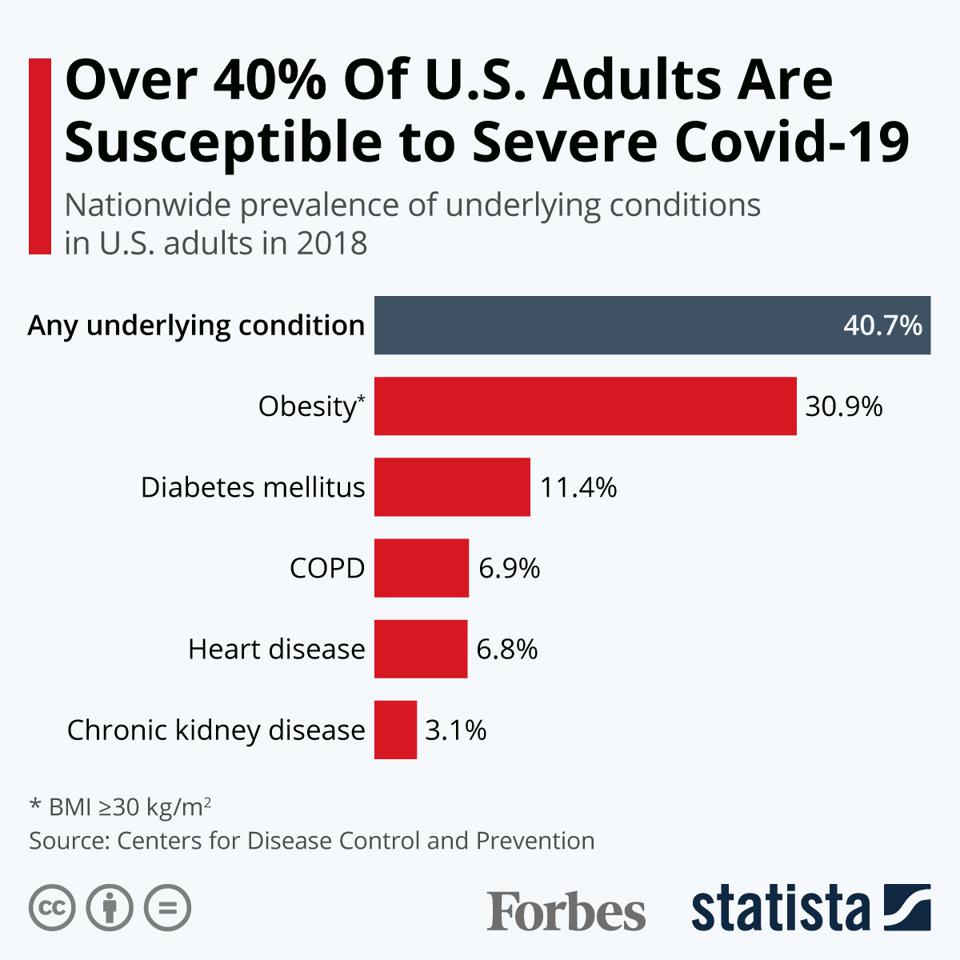
Mediterranean eating is a lifestyle choice that can help you lose weight while maintaining a healthy heart. You will live longer and be healthier thanks to the inclusion of more than 12 heart-healthy ingredients. Although the foods on this diet are high in calories, they're also among the healthiest on earth. You can eat as much or as little as you wish, provided you eat in healthy portions.
A Mediterranean diet is based the belief in eating a wide range of foods to help prevent heart disease. It allows red wine and poultry, but it includes lots of vegetables and healthy fats. It encourages whole, nutrient rich foods, and limits processed sugars and sodium. It is a healthy way of eating and encourages a healthy lifestyle.

Although the Mediterranean diet includes very little red meat, it does include small amounts of eggs and nuts. These foods are known to lower the risk for heart disease by about 30% according to research. Reduced risk of heart disease, stroke, dementia and other conditions can be found in the Mediterranean diet. There are also many other benefits, and you can find out more about them by reading this Mediterranean diet review. You can also create a new lifestyle by incorporating these foods into your everyday life.
The American Heart Association has reviewed the Mediterranean diet and found many health benefits. It can lower your risk of hypertension or ischemic heart diseases, and it's especially beneficial for those with diabetes. However, the Mediterranean diet may not be for everyone. Women should limit their wine intake to just one 5-ounce glass per person, while men should have at least two glasses. The Mediterranean diet has moderate dairy intake. The Mediterranean diet is high in fiber and rich in nutrients.
A Mediterranean diet also has the added benefit of being high in fibre. Wholegrains are much more nutritious and filling than white bread. While a Mediterranean diet is low in fat, it is high in monounsaturated fats. Because of this, it is less likely than other diets to lead to heart disease. It is also lower in saturated fat and trans fat. In addition, a Mediterranean diet is rich in antioxidants.

The Mediterranean diet is rich in antioxidants. It has been shown to lower the risk of stroke, Alzheimer's disease and dementia. Its antioxidants protect against harmful free radicals. The body is protected against free radical damage by antioxidants from the Mediterranean diet. These free radicals have been linked to reduced risks of certain types cancers and heart disease. In this Mediterranean diet review, we will explore how to get the most out of the Mediterranean diet for diabetes.
FAQ
Exercise: Good or Bad for Immunity?
Your immune system is strengthened by exercise. Your body creates white blood cells when you exercise that fight infection. You also get rid of toxins from your body. Exercise is a great way to prevent heart disease, cancer, and other diseases. It reduces stress.
But, too much exercise can lead to a weakening of your immune system. You can cause muscle soreness by working out too hard. This can cause inflammation as well as swelling. The body then needs to make more antibodies to fight infection. However, these antibodies can also cause allergic reactions and autoimmune diseases.
So, don't overdo it!
What are the 10 most delicious foods?
These are the top 10 foods to eat.
-
Avocados
-
Berries
-
Broccoli
-
Cauliflower
-
Eggs
-
Fish
-
Grains
-
Nuts
-
Oats
-
Salmon
How does an anti-biotic work?
Antibiotics are drugs that destroy harmful bacteria. To treat bacterial infections, antibiotics are used. There are many different types of antibiotics. Some are given orally, while some are injected. Other antibiotics are applied topically.
People who have been exposed may be prescribed antibiotics. An oral antibiotic might be prescribed to someone who has been exposed to chicken pox. This will prevent the spread of shingles. Penicillin might also be administered to someone with strep throat. This will help prevent the possibility of developing pneumonia.
A doctor should give antibiotics to children. Children are at greater risk than adults for developing serious side effects from taking antibiotics.
The most common side effect of antibiotics is diarrhea. Side effects of antibiotics include diarrhea, stomach cramps and nausea. These symptoms generally disappear once the treatment has finished.
Is cold an indication of a weaker immune system?
According to some, there are two types: people who love winter or those who hate it. You might wonder why you feel so miserable in the cold, no matter how much you love or hate winter.
The reason is simple: Our bodies are made to function well in warm temperatures. We evolved to thrive in hot environments because of the abundance of food resources.
We live in a very different environment than our ancestors. We spend more time indoors and are often exposed to extreme temperatures (cold or heat) and eat processed foods rather than fresh.
Because of this, our bodies have become accustomed to extremes. So, when we do venture outside, we often feel exhausted, sluggish, or even sick.
There are ways to combat these effects though. You can combat these effects by making sure you are well-hydrated all day. Water is essential for your body to function properly and eliminate toxins.
Another important step is to ensure that you're eating healthy meals. Eating nutritious foods helps your body maintain its optimal temperature. This is especially helpful for people who spend a lot of time indoors.
Consider taking a few moments each morning to meditate. Meditation helps to calm your mind and body which can make it easier to deal stress and illness.
Take herbs and other supplements to improve your immunity
It is possible to boost immune function by using herbs and natural remedies. There are many natural remedies that can boost immunity, including echinacea (oregano), ginger, ginkgo biloba and vitamin C.
These herbal remedies shouldn't be considered a replacement for medical treatment. Side effects include nausea, diarrhea and stomach cramps, headaches and dizziness.
What is the difference of fat and sugar?
Fat is an energy source that comes directly from food. Sugar is a sweet substance found naturally in fruits and vegetables. Both fats (and sugars) have the same calories. But fats are twice as calories as sugars.
Fats are stored in your body and can cause obesity. They cause cholesterol buildup which can lead to strokes and heart attacks.
Sugars are quickly absorbed by the body and provide instant energy. This causes blood sugar levels to rise. High blood glucose levels can lead to type II diabetes.
Statistics
- The Dietary Guidelines for Americans recommend keeping added sugar intake below 10% of your daily calorie intake, while the World Health Organization recommends slashing added sugars to 5% or less of your daily calories for optimal health (59Trusted (healthline.com)
- WHO recommends reducing saturated fats to less than 10% of total energy intake; reducing trans-fats to less than 1% of total energy intake; and replacing both saturated fats and trans-fats to unsaturated fats. (who.int)
- Extra virgin olive oil may benefit heart health, as people who consume it have a lower risk for dying from heart attacks and strokes according to some evidence (57Trusted Source (healthline.com)
- This article received 11 testimonials and 86% of readers who voted found it helpful, earning it our reader-approved status. (wikihow.com)
External Links
How To
What does the "vitamins” word mean?
Vitamins are organic compounds that can be found in foods. Vitamins are necessary for us to absorb nutrients in the foods we consume. Vitamins are not made by the body, so they must be obtained through food.
There are two types vitamins: water soluble or fat soluble. Water-soluble vitamins dissolve readily in water. You can find vitamin C,B1 or thiamine, B2 or riboflavin and B3 or niacin, B3/niacin, B6/pyridoxine, folic Acid, biotin and pantothenic Acid as examples. Fat-soluble vitamins can be stored in the liver or in fatty tissue. Vitamin D, E, K and A are some examples.
Vitamins can be classified by their biological activity. There are eight major types of vitamins:
-
A - Vital for normal growth and maintaining good health.
-
C is important for nerve function and energy production.
-
D - Vital for healthy bones and teeth
-
E is needed for good reproduction and vision.
-
K - required for healthy muscles and nerves.
-
P - essential for strong bones, teeth and tendons
-
Q - Aids digestion and iron absorption
-
R - Red blood cells are made from red blood cells.
The recommended daily allowance for vitamins (RDA) varies based on gender, age, and physical conditions. The U.S. Food and Drug Administration (FDA) sets the RDA values.
For adults over 19 years, the RDA is 400 mg per day for vitamin A. For fetal development, pregnant women need 600 mg per day. Children ages 1-8 require 900 micrograms per day. Children under 1 year old require 700 micrograms daily, while infants over one year old need 500 micrograms every day. This decreases between 9 and 12 months.
Children aged between 1-18 years require 800 micrograms of sugar per day, while overweight children need 1000 micrograms. Children who are underweight receive 1200 micrograms every day to meet their nutritional requirements.
Children 4-8 years old who have anemia must consume 2200 micrograms of Vitamin C daily.
2000 micrograms daily is required for adults over 50 to maintain their general health. Because of their higher nutrient needs, women who are pregnant or nursing need 3000 mg per day.
Adults over 70 years of age need 1500 micrograms per day since they lose about 10% of their muscle mass each decade.
Women who are pregnant or nursing need more than the RDA. Pregnant woman need 4000 micrograms daily in pregnancy, and 2500 per day after childbirth. Breastfeeding mothers require 5000 micrograms daily when breast milk production is occurring.